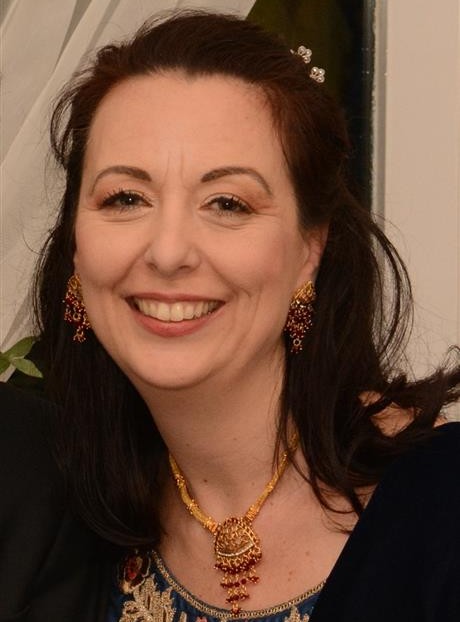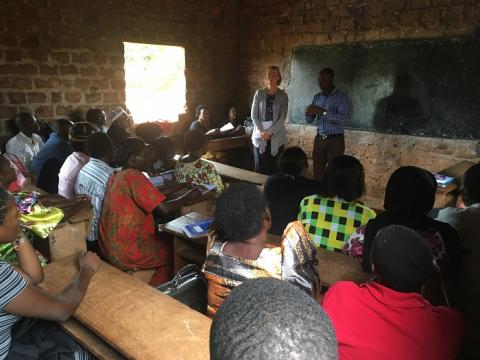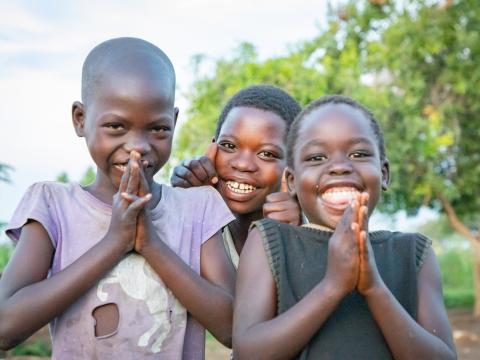
Research gives us faith that children can be protected
Kathryn is excited about new research in three countries that helps World Vision better understand the role of faith in social change and tackling violence against children.
Kathryn Kraft is Senior Research Advisor for Faith and Development
In my travel and research over the last two decades, I have met faith leaders who are visionaries, passionate, hard-working and deeply committed to meeting the needs of people in their communities:
A priest who started health clinics to serve displaced families in times of crisis, who went on to champion for better healthcare in their communities.
A monk who established a centre for peace and reconciliation, inviting guests from all different background to come stay in the tranquil environment he built.
A pastor who saw how many children in his community were unable to attend school so set up a school in his church building, offering quality education to hundreds of children.
Witnessing such initiatives inspired me want to better understand the role of faith in social change. For five years now, I have been working with World Vision to understand and better explain the unique contribution that our faith programming makes toward child well-being. It is clear that engaging with faith, values and religious actors is core to the DNA of World Vision, which makes sense for a Christian organisation. But for a long time this was just a part of how World Vision operated; we hadn’t done significant academic research to understand the impact that this has on the lives of the children we seek to serve.
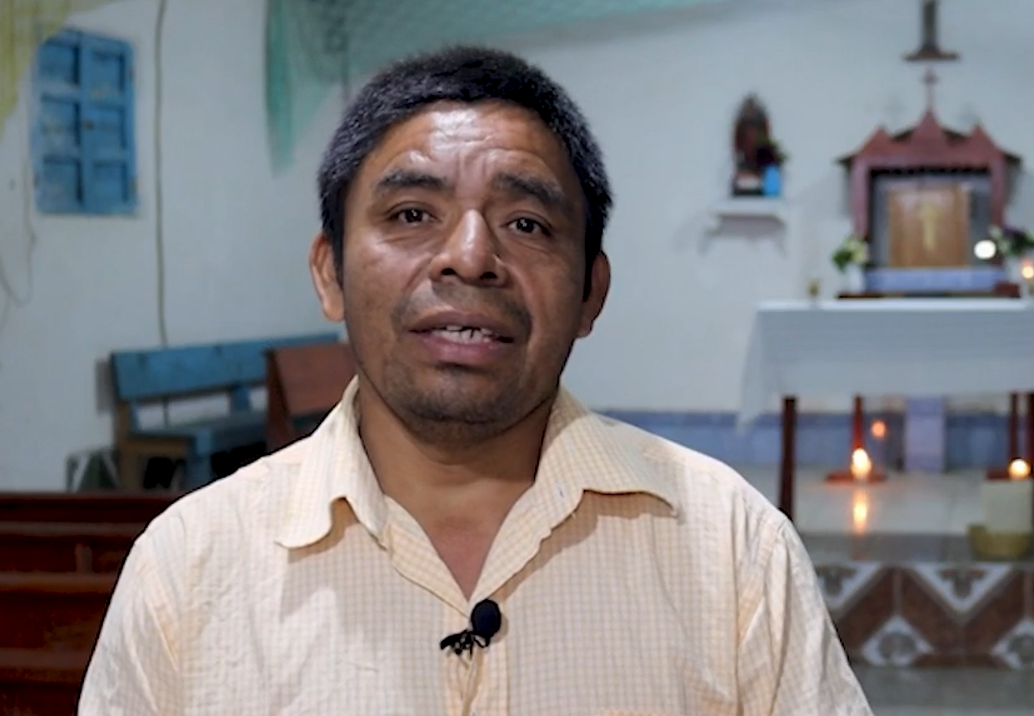
A recently completed study, which took place between 2016 and 2021 in partnership with Queen Margaret University, offers great justification for scaling up and investing more in collaboration with faith partners to promote social and behaviour change.
The research—called Faith Community Contribution to End Violence Against Children—was an impact study of Channels of Hope Child Protection (CoH CP), a model that motivates and builds capacity in faith leaders and faith communities to engage with key child well-being issues, in Senegal, Uganda and Guatemala.
A key aspect of Channels of Hope is the blend of scientific knowledge, personal experience and allowing faith leaders and their spouses time for sustained dialogue and engagement with religious texts. In the research, we found that after participating in Channels of Hope workshops faith leaders and spouses did indeed demonstrate a change in their understanding of how children should be treated. For example, in Guatemala, we saw a 24% increase in opposition to child marriage among faith leaders and their spouses who participated in workshops; in Uganda, there was a 40% increase in those opposed to hitting or beating children.
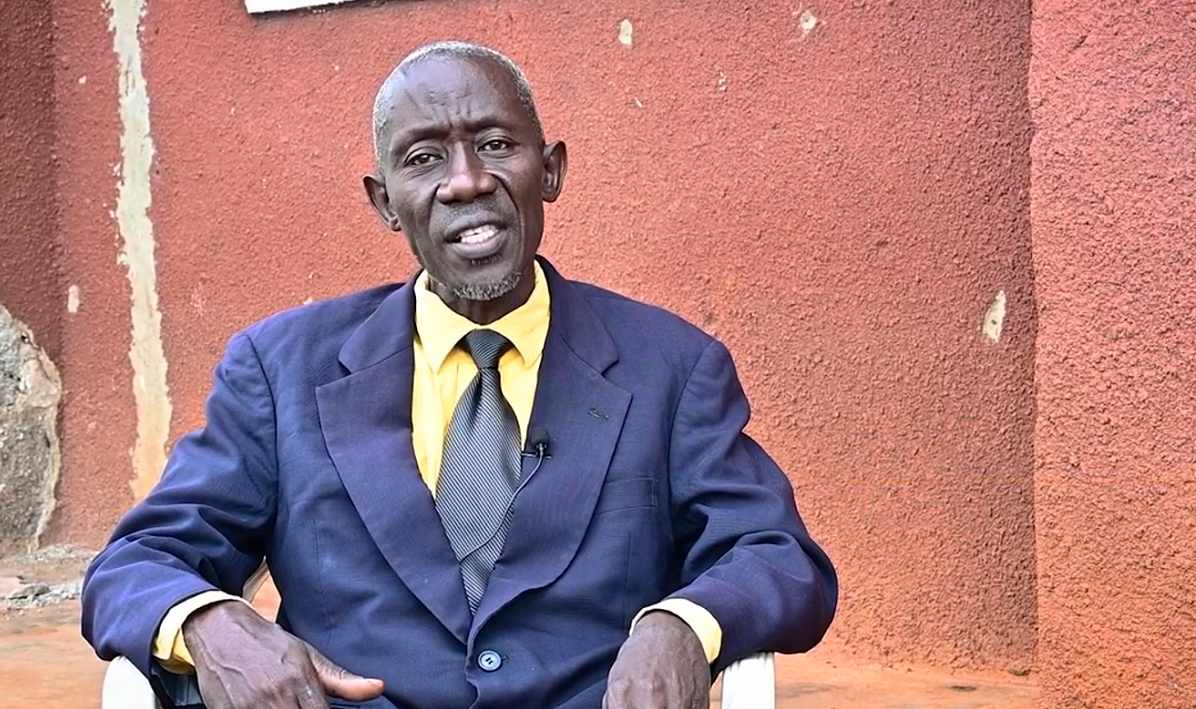
Channels of Hope for Child Protection seeks to foster a wider enabling environment to strengthen both formal and non-formal elements of the child protection system. So another important finding was that faith leaders also reported a change in their understanding of their own role in mobilising their congregations and others in their community to support both the protection and the overall well-being of children. In Senegal, the faith leaders and spouse participants who said they were willing to report child abuse increased by 54%!
Community members also told several stories about faith leaders who now refuse to marry children and insist on ensuring that the births of children in their community were registered. In turn, faith leaders have also established committees to support child protection in their congregations which in turn have responded with a wide range of their own activities to support children within their contexts.
But what encourages us the most is that we found that working with faith leaders did indeed help spark a shift in how children are treated more generally. While the research did not set out to measure this, we still saw loud and clear in the data that community members saw a change. We heard repeatedly that, after Channels of Hope came to their community and to their faith leaders, the environment supporting children’s safety, security and healthy development had improved.
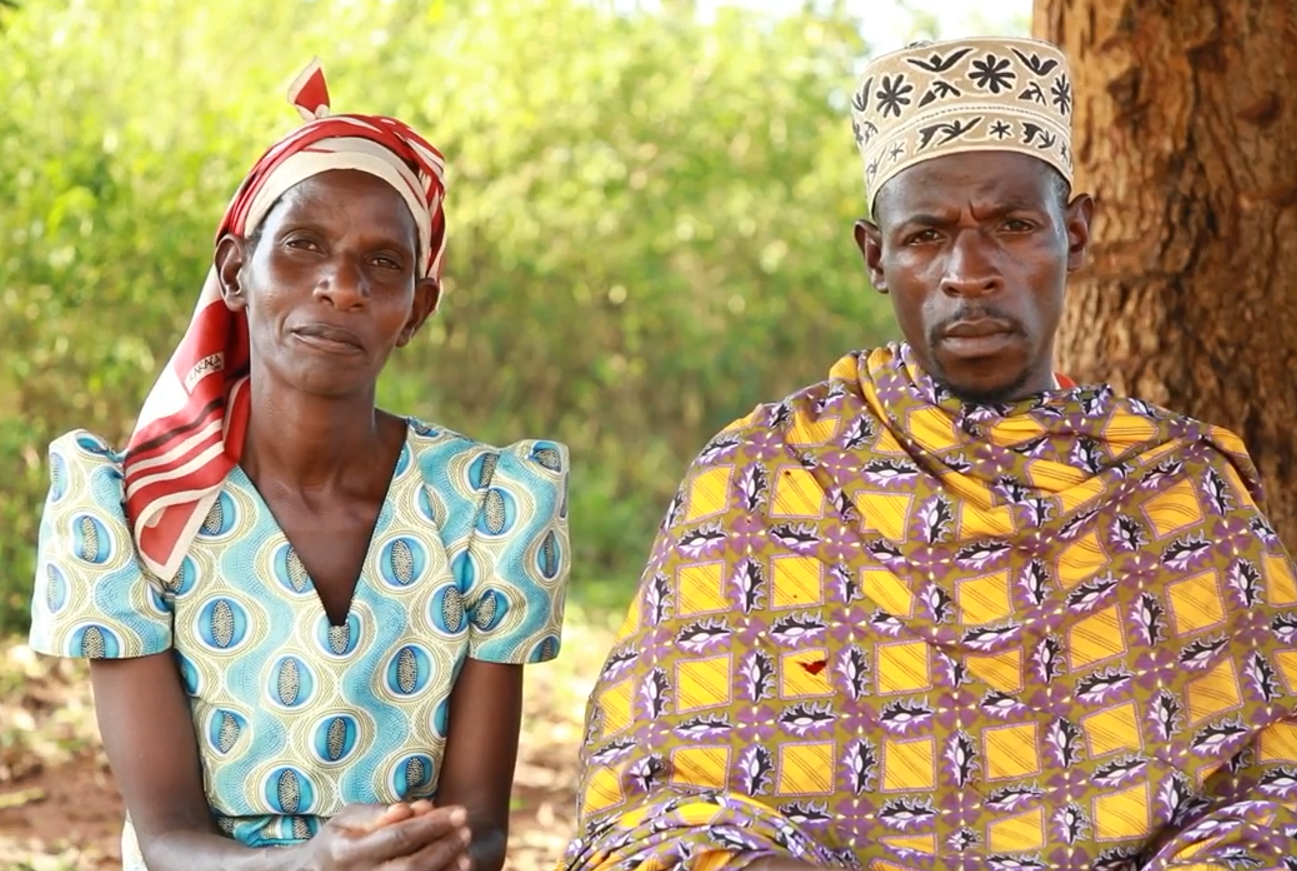
Here are some examples of what we heard:
“We pay attention to child marriage. Today we heard the imams and the village chief talk about it at the wedding ceremony. We share their words with our young girls.” (female community member, Senegal)
“In the past, women/mothers would beat children but now religious leaders have taught us on how to discipline children by not beating them and offering very harsh punishments.” (female community member, Uganda)
"Before they [parents/caregivers] used to put more value on boys than on girls, they didn't give them the opportunity to study. But thank God, now both males and females have the same rights, they have the same values" (faith leader, Guatemala).
This was the first study of its kind, but certainly not the last. We have already begun more research to understand better why and how faith, both personal faith and the influence of faith actors, plays a role in social and behaviour change.
To learn more about this study by click here
Kathryn Kraft is Senior Research Advisor for Faith and Development at World Vision. She coordinate and advises on research across the global World Vision partnership in the area of faith and development. She also works to use such research to engender a better understanding within the development and humanitarian sectors of the role of faith in social change and humanitarian response.
